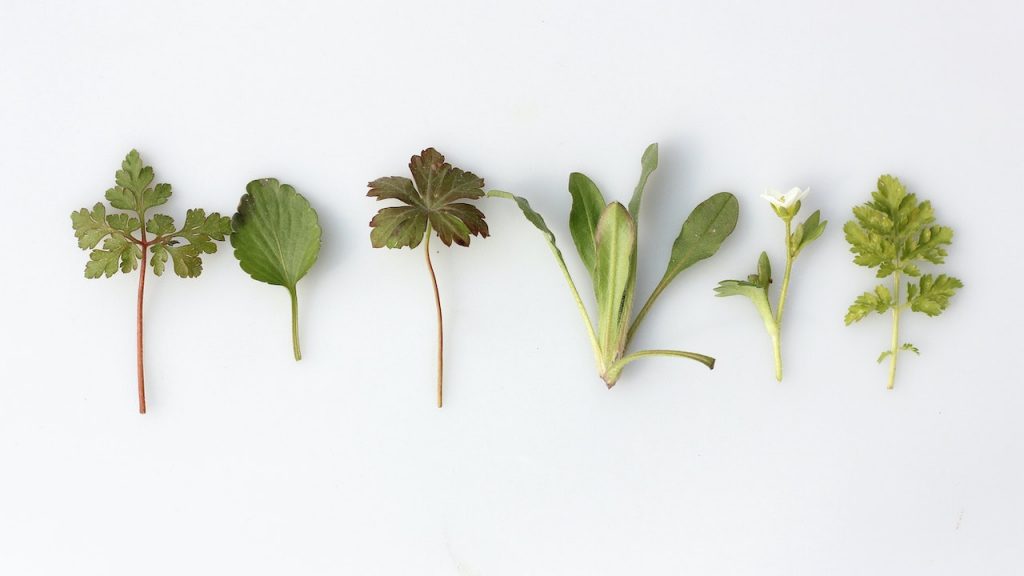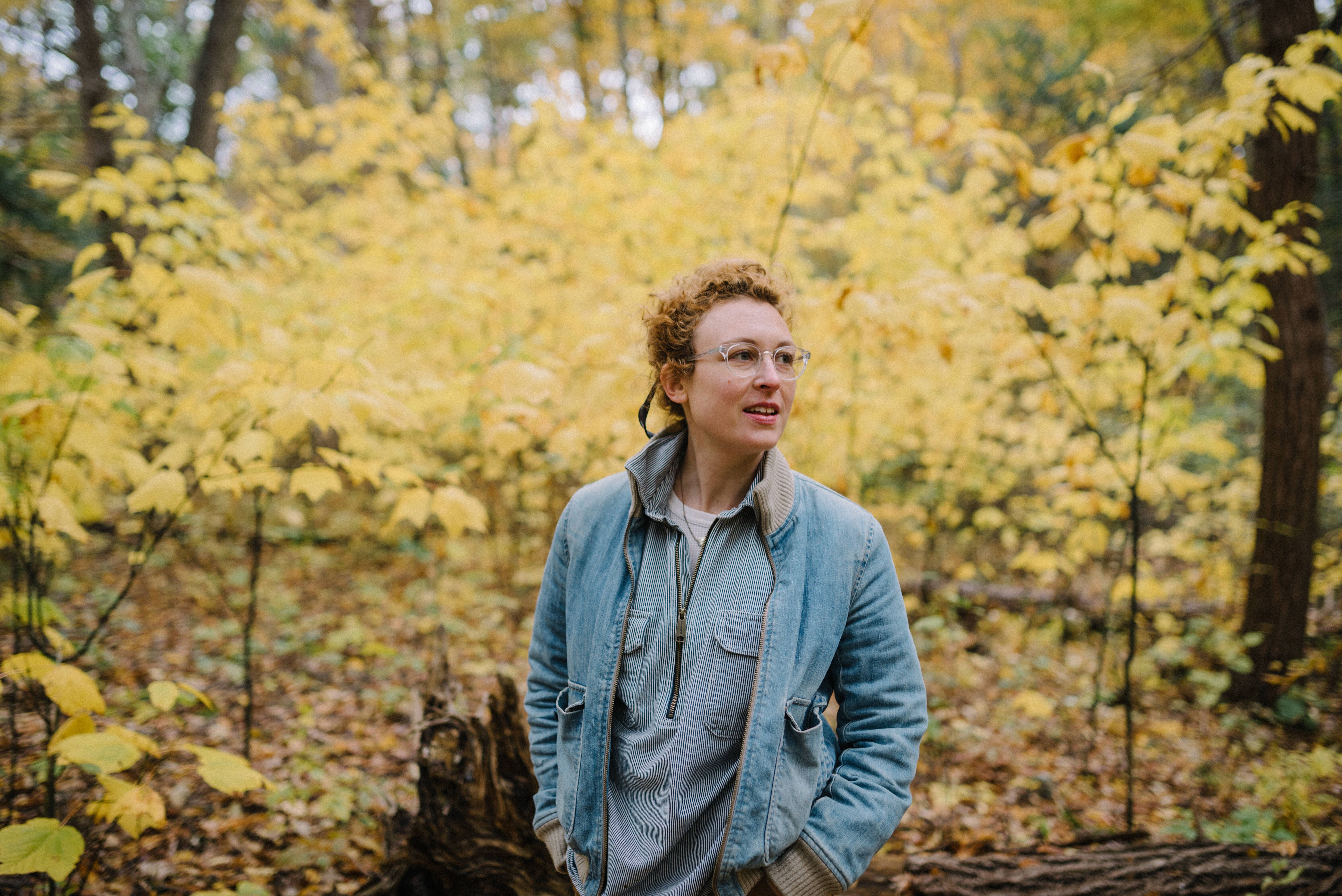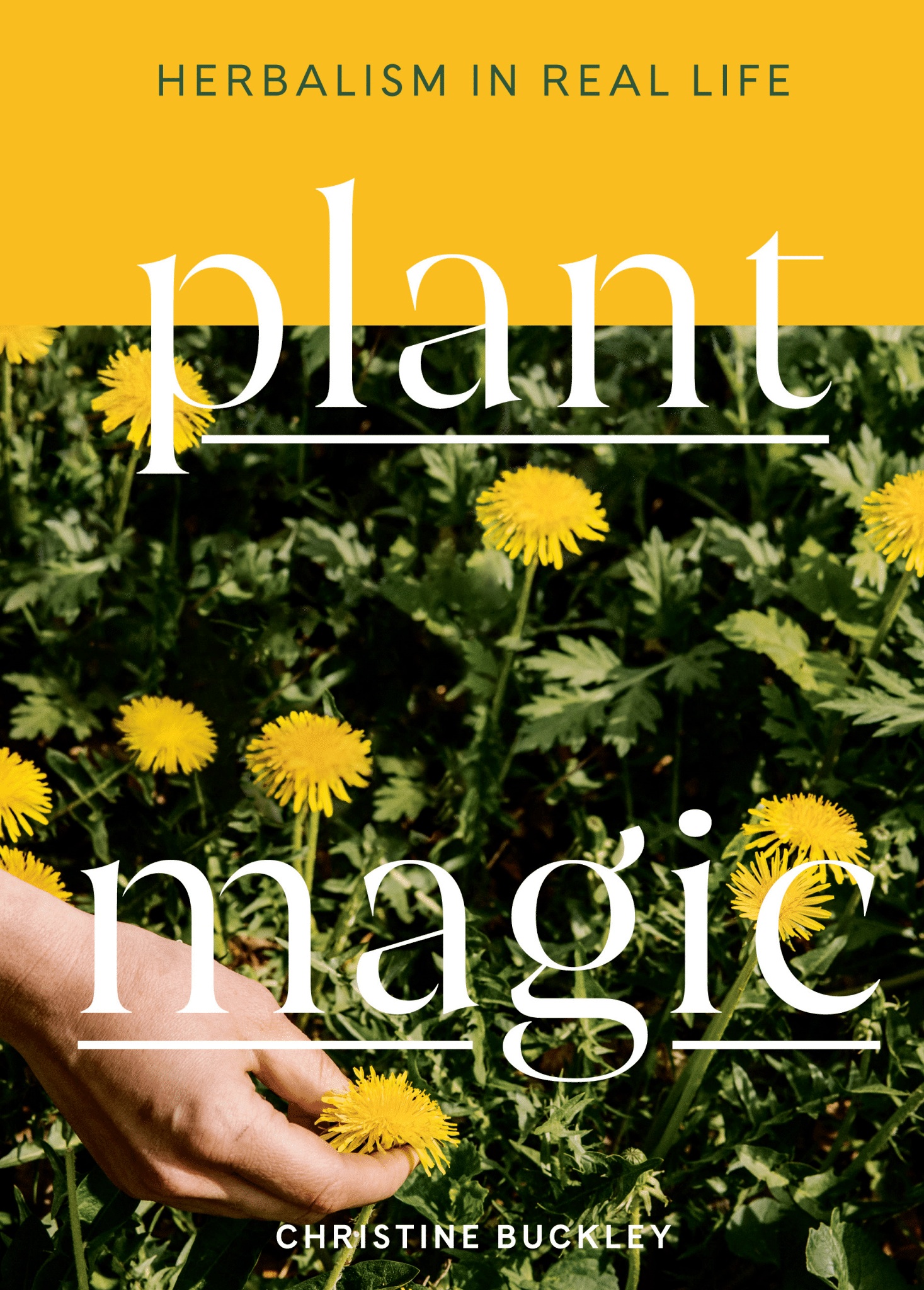Add “Plant Magic” to Your Life With These Creative Uses of Herbs And Spices
Detroit-based herbalist, professional cook and author of “Plant Magic: Herbalism in Real Life” has crafted a foundational guide for an at-home herbalism practice.

If you’re looking for an introduction to the magic of plants and the power of herbalism, Detroit herbalist Christine Buckley has you covered.
“The more we know about them and how they function as plants in the world and in our bodies, the more that tells us about ourselves and what we need.”

In her debut book, “Plant Magic: Herbalism in Real Life,” Buckley discusses the importance of building a relationship with plants and crafts an informative and foundational guide that offers a series of plant profiles, recipes and traditions that illustrate how herbs can be used as a way to take care of ourselves, each other and the Earth.
“If we can learn to identify [plants] and understand the environments in which they like to grow and then have an understanding of their relationship toward ecology, then that informs the decisions we make about purchasing them, growing them, picking them in the wild,” Buckley tells CultureShift’s Amanda LeClaire. “The more we know about them and how they function as plants in the world and in our bodies, the more that tells us about ourselves and what we need. So it’s kind of a lens into the natural world in which we are a part; and also a way to look at ourselves from a different perspective.”
Click the player above to hear “Plant Magic” author Christine Buckley on holistic and creative uses for greens and herbs, and see her recommendations to callers below.

Herbal Oils
“I’ve been growing some herbs and thinking about dabbling with some infusions and herbal oils. Are the nutrients weakened through heating?” — Mark, Northville
“Most of the time when we’re making infused oils from herbs, we’re using those oils topically and oils are a really great way to deliver the medicine for the plants on our external bodies. It’s not going to diminish any of their actions. The key is to not get your oil too hot. You can use the thermometer or the goal is to keep things low and slow. You can’t just set it and forget it. You have to check in on it. So as long as you’re not crisping the herbs, you’re not going to damage their integrity.”
The Virtual Happy Hour D-I-Y Cocktails
“Do you have any D-I-Y ideas for mixtures to integrate that plant magic into our cocktails or sodas at home?” — Laura, Clawson
“One of my favorite things to do is to make herbal-infused syrups. They’re friendly to alcoholic and non-alcoholic beverages. Plants that I’m looking at right now, in early spring, would be violet flower [*recipe included in “Plant Magic”]. You can also make Crème de violette, which you can make with orange peel, vanilla extract, violet flowers and vodka. Fuse it for a few weeks and then you have a substitution for something that you would buy in the store. It’s also great to make a mint simple syrup or a rosemary simple syrup. You can also use thyme or catnip. Catnip is in the mint family and one of the things I love about mint is that they’re aromatic and that is good for dispersing heavier emotions. So catnip works to alleviate the stress or anxiety we feel in the stomach and we notice that our digestion is a little messed up, catnip is really good at dispersing that. Even something with lilac. I think looking for edible flowers is great and also using things in the mint family.
Food + Spices
“I recently started buying a lot of spices to reverse some inflammatory issues that I have and I feel like I can’t get enough spices. I put turmeric, chives, basil, ginger, pepper, oregano on everything I eat now. I’m a woman of a certain age and I know this is helpful. I’d rather do this than to take a pill. But, is there such a thing as over-saturation? Am I overdoing it?” — Sandy, Dearborn
“I think in the beginning when you’re figuring it out, the more the merrier. You want to figure out which tastes really vibe with you and also how the plants make you feel in your body. It’s important that you can do it as often as you can. The volume of the spices and herbs in our kitchen, these are things that humans have carried with them for thousands of years and we’re meant to use them all the time. They’re not poison. They’re friendly. So, as you learn more about herbalism and what works for your body… that’s the thing about it, it allows each of us to become experts on what we need and then we can make really informed decisions with the help of others about how to work toward even more care. So keep exploring!”
Trusted, accurate, up-to-date
WDET is here to keep you informed on essential information, news and resources related to COVID-19.
This is a stressful, insecure time for many. So it’s more important than ever for you, our listeners and readers, who are able to donate to keep supporting WDET’s mission. Please make a gift today.
